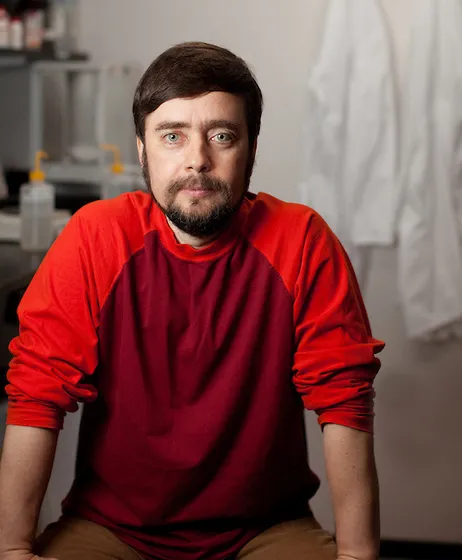Michael Levin Cell Intelligence in Physiological and Morphological Spaces

We work on novel ways to understand and control complex pattern formation. We use techniques of molecular genetics, biophysics, and computational modeling to address large-scale control of growth and form. We work in whole frogs and flatworms, and sometimes zebrafish and human tissues in culture. Our projects span regeneration, embryogenesis, cancer, and learning plasticity – all examples of how cellular networks process information. In all of these efforts, our goal is not only to understand the molecular mechanisms necessary for morphogenesis, but also to uncover and exploit the cooperative signaling dynamics that enable complex bodies to build and remodel themselves toward a correct structure.
The electrical blueprints that orchestrate life
DNA isn’t the only builder in the biological world — there’s also a mysterious bioelectric layer directing cells to work together to grow organs, systems and bodies, says biologist Michael Levin. Sharing unforgettable and groundbreaking footage of two-headed worms, he introduces us to xenobots — the world’s first living robots, created in his lab by cracking the electrical code of cells — and discusses what this discovery may mean for the future of medicine, the environment and even life itself. (This conversation, hosted by TED’s Chris Anderson, was recorded June 2020.)
The Levin Lab
We work at the intersection of developmental biology, computer science, and cognitive science. Our goal is to understand degrees of intelligence at multiple scales of biological, artificial, and hybrid systems; we use these insights to develop interventions in regenerative medicine.
The Institute for Computationally Designed Organisms (ICDO)
In early 2020, ICDO founders Joshua Bongard (University of Vermont) and Michael Levin (Allen Discovery Center at Tufts University) were among the lead authors of a paper showcasing a remarkable achievement: the world’s first computer-designed organism. The New York Times called these tiny cell clusters, which could move and self-repair, “a new class of living robotics,” with the potential to profoundly change science, medicine and our understanding of life itself.

Keine Kommentare